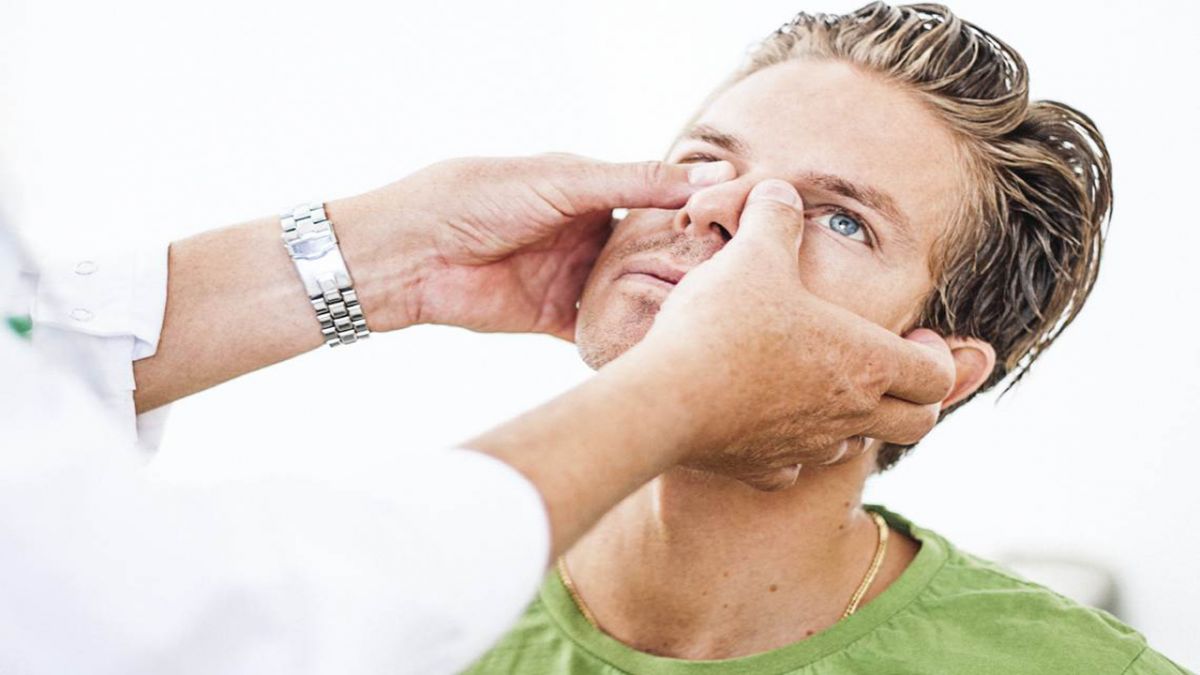Advertisement
During the treatment of nasal bleeding, patient care is crucial for promoting recovery and preventing complications. First and foremost, providing adequate psychological support to patients is essential. Nasal bleeding often causes anxiety and stress, and psychological comfort can help them relax, thereby lowering blood pressure and enhancing the effectiveness of treatment. Maintaining the patient in a semi-reclining position, rather than lying completely flat, is crucial. This position helps ensure that any blood can flow out from the front or be expectorated, rather than swallowed. Swallowing blood can not only make it difficult for doctors to accurately assess the bleeding amount but also stimulate the stomach, leading to reflexive vomiting and increasing patient discomfort. Additionally, blood flowing into the posterior nasal cavity may affect breathing.

Dietary management is also an important aspect of care. Patients should avoid consuming very hot or hard foods, especially when nasal packing is in place. Hard foods and excessive chewing can cause friction between the packing material and the nasal mucosa, increasing the risk of rebleeding. Therefore, patients are advised to consume easily digestible foods, such as soft foods and mild beverages, to minimize nasal irritation and facilitate recovery.

Furthermore, patients should avoid forceful nose blowing during the care period, as this can trigger further bleeding. Regularly checking the nasal condition and keeping the nasal cavity appropriately moist helps prevent discomfort and bleeding caused by dryness. Using saline solution for nasal irrigation can help clean the nasal cavity and reduce the risk of infection. During treatment, patients are advised to avoid strenuous exercise and heavy physical labor to minimize pressure on the nasal cavity and potential bleeding risks.

Finally, patients should follow medical advice, adhere to prescribed medication, and attend follow-up appointments. Regular visits to the doctor help monitor treatment effectiveness and adjust the treatment plan as needed, ensuring a smooth recovery process. Implementing these comprehensive care measures will help improve treatment outcomes and accelerate recovery for patients with nasal bleeding.
Advertisement




